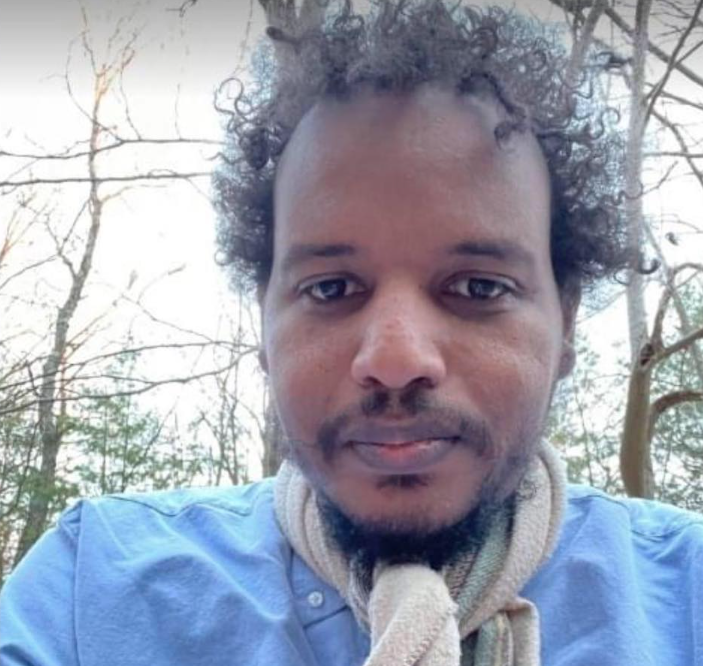The fighting in Sudan between the army and the Rapid Support Forces militia has passed the one hundred day mark, and its impact on civilians has been devastating. Thousands of people have been killed and wounded, and millions have been displaced. Many people fear that Sudan is heading for a full-scale civil war, and that the only way that this can be stopped is by putting an end to regional powers such as the Gulf states supporting the RSF.
The RSF was created in 2013 and grew primarily out of the Janjaweed militia; it was utilised by the ousted Omar Al-Bashir regime in counterinsurgency operations in Darfur and South Kordofan. In 2017, the Sudanese parliament passed a law that officially organised the militia’s activities. Led by Mohamed Hamdan Dagalo, the RSF is accused of committing a number of atrocities, including the burning of villages in Darfur and killing peaceful protestors during the Khartoum political process, in addition to the unlawful detention of activists and civilians and repurposing hospitals and religious places as shelters during the fighting.
The relationship between the RSF militia and Saudi Arabia, as well as the UAE, dates back to 2015 when Sudan’s then President Al-Bashir decided to join the Saudi-led coalition fighting the Houthis in Yemen. Thousands of RSF soldiers have been fighting in Yemen ever since and are reported to have been paid high salaries. The militia was accused of recruiting children to fight in Yemen. Dagalo extended his political support to Saudi Arabia by pledging to defend the Kingdom against any threat from Iran.
![War in Sudan continues... - Cartoon [Sabaaneh/Middle East Monitor]](https://i0.wp.com/www.middleeastmonitor.com/wp-content/uploads/2023/06/IMG_7108.jpg?resize=500%2C333&ssl=1)
War in Sudan continues… – Cartoon [Sabaaneh/Middle East Monitor]
READ: UAE sending weapons to Sudan instead of humanitarian aid, report reveals
One of the prime incentives for the UAE to back the RSF is that Abu Dhabi is concerned about any possible return of Islamists in Sudanese politics. Hence, it is determined to use the militia to destroy them before they can regroup. The UAE also has a vested interest in Sudan’s agricultural resources that can be a solution to its own food insecurity. What’s more, if the militia defeats the Sudanese Army, it would protect Abu Dhabi’s long-term plan to control Sudan’s Red Sea coastline, where it is building a six billion dollar port project in Abu Amama, 200 km north of Port Sudan.
Saudi Arabia, meanwhile, appears to be interested in ending the fighting by hosting peace negotiations between the warring parties. However, it’s not clear if it will endorse any deal that would lead to the dismantling of the militia or its integration into the army. Such a step will have an impact on its calculations in Yemen if the war there does not end soon.
Whatever the reasons for their involvement, it is time for these and other countries to prioritise the stability of Sudan and stop gambling on a militia to rule in Khartoum so that they can secure their own interests. By continuing to support the RSF, Saudi Arabia and the UAE especially will lose the Sudanese people who took to the streets to bring about the hard-won revolution and are now calling for an end to the fighting so that they can develop a democratic country with a unified army. Their dream will never be realised as long as the Gulf states back the RSF militia.
The views expressed in this article belong to the author and do not necessarily reflect the editorial policy of Middle East Monitor.


![Smoke rises during clashes between the Sudanese Armed Forces and the paramilitary Rapid Support Forces (RSF) in Khartoum, Sudan on May 05, 2023 [Ahmed Satti/Anadolu Agency]](https://i0.wp.com/www.middleeastmonitor.com/wp-content/uploads/2023/05/AA-20230505-31055435-31055432-CLASHES_CONTINUE_IN_SUDAN.jpg?fit=1200%2C800&ssl=1)









